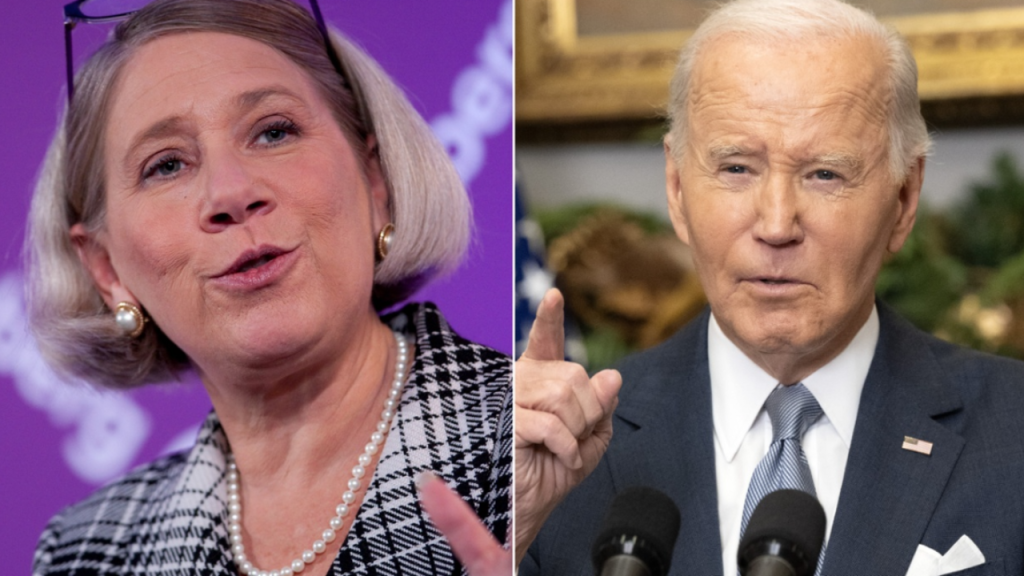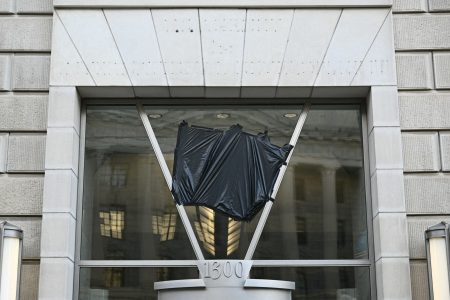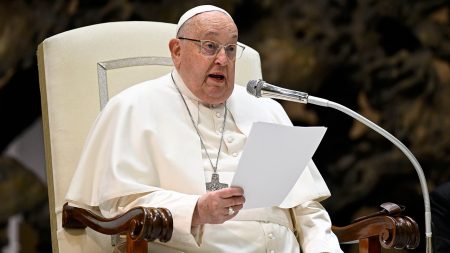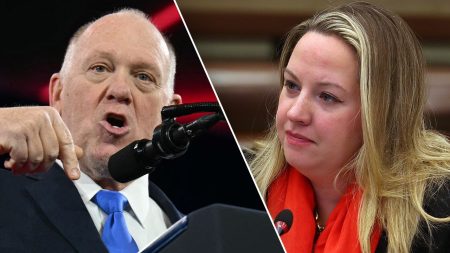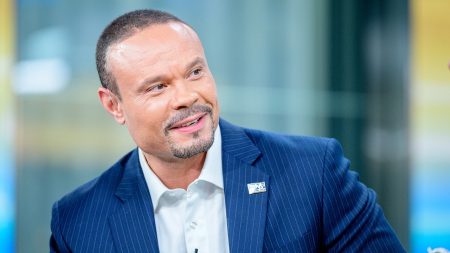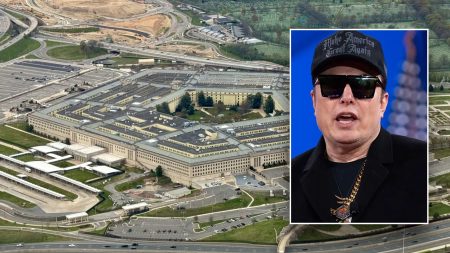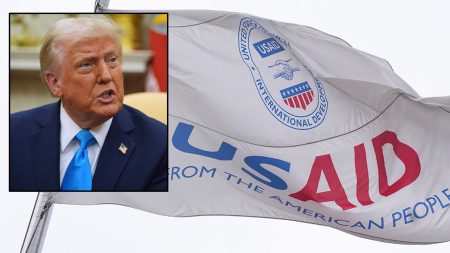Anita Dunn, a longtime confidante and former senior advisor to President Biden, publicly expressed her disapproval of the handling of Hunter Biden’s pardon, criticizing the timing, rationale, and characterizing it as an “attack on our judicial system.” Dunn, who played a significant role in Biden’s 2020 presidential campaign and served as a senior advisor in the White House, contended that the pardon, while potentially justifiable on compassionate grounds if issued at the end of Biden’s term, was poorly executed. She specifically took issue with the timing of the announcement, which coincided with the rollout of the president-elect’s nominees and amidst controversy surrounding Kash Patel, deeming it “exceptionally poor timing.” Dunn further argued that the justification for the pardon, which implied an unfair prosecution of Hunter Biden, contradicted President Biden’s longstanding commitment to upholding the rule of law.
Dunn’s primary concern stemmed from the perceived inconsistency between President Biden’s past pronouncements on respecting the Justice Department’s independence and his subsequent intervention in his son’s case. She emphasized the potential damage this could inflict on the perception of the president’s commitment to the rule of law, particularly given his campaign promises to restore it. Despite her sharp criticism of the process, Dunn reiterated her agreement with the pardon itself, drawing a clear distinction between the decision and its execution. She highlighted the potential for a different public reception had the pardon been granted at the conclusion of Biden’s term, alongside other acts of clemency, suggesting that the context and timing significantly contributed to the negative reaction.
Dunn’s candid critique underscored the delicate balance between presidential prerogative and the appearance of impropriety, especially when involving family members. Her assertion that the pardon constituted an “attack on our judicial system” reflected a broader concern about the potential erosion of public trust in the justice system if perceived as susceptible to political influence. Moreover, Dunn’s revelation that she was kept out of White House discussions regarding the pardon, save for instructions on how to respond to press inquiries (which were to deny any such consideration), suggests a degree of compartmentalization within the administration on this sensitive issue.
The timing of the pardon, coinciding with the announcement of key nominees and amidst ongoing political controversies, further amplified the negative optics. Dunn argued that injecting the pardon into an already charged political atmosphere undermined the seriousness of the appointments and distracted from the president’s broader agenda. This confluence of events, she suggested, created a perception of political maneuvering rather than a genuine act of clemency. Dunn’s commentary reflects a broader tension within the Democratic Party regarding the handling of the Hunter Biden situation. While some may privately sympathize with the president’s desire to protect his son, the public expression of dissent from a figure as close to Biden as Dunn underscores the political risks associated with the pardon.
The public reaction to the pardon, as evidenced by polling data showing only 20% approval, further validates Dunn’s concerns about the political fallout. The widespread disapproval suggests that the administration miscalculated the public’s perception of the situation and failed to adequately anticipate the backlash. The negative response on social media, including from former Biden administration officials, further highlights the extent of the discontent, even within the president’s own circle. President Biden’s defense of the pardon centered on the argument that Hunter Biden had been unfairly targeted and subjected to “selective prosecution.”
Biden’s statement emphasized his son’s struggles with addiction and attributed the legal pursuit to politically motivated attacks aimed at damaging the president himself. He argued that Hunter Biden’s case was treated differently from similar cases involving gun form violations and tax delinquencies, suggesting a double standard. However, critics have countered that Hunter Biden’s connections to his father and his involvement in controversial business dealings warranted scrutiny. The clashing narratives surrounding the pardon underscore the deep political divisions in the country and the difficulty of reaching a consensus on matters involving presidential power and family affairs. Dunn’s criticism, while coming from within the president’s own camp, adds another layer of complexity to the ongoing debate.




